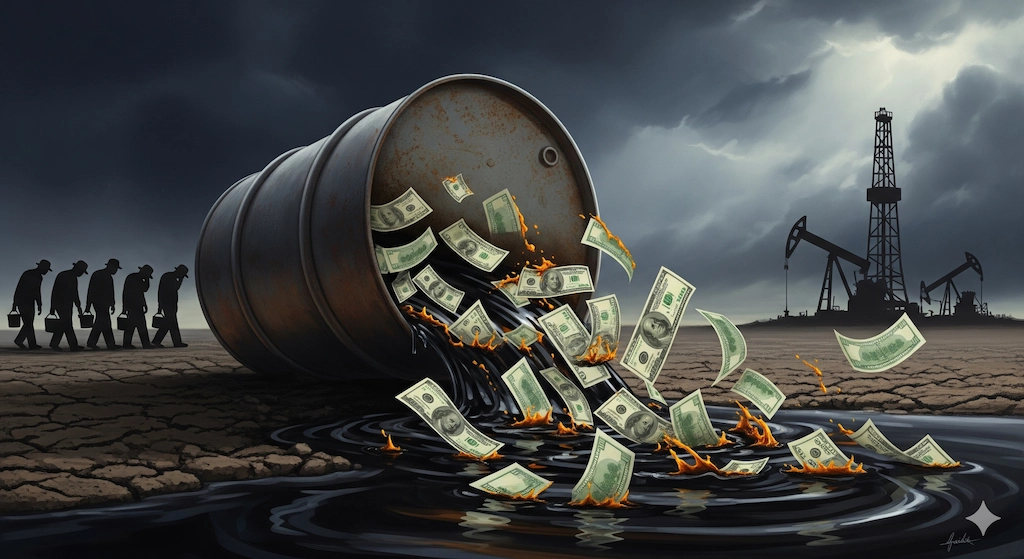GloNews10

The global oil and gas industry layoffs in 2025 are sending shockwaves through the energy sector and labor markets worldwide. With major players like ConocoPhillips, Chevron, BP, Petronas, and OMV announcing job cuts, the future of workers and energy-dependent economies is uncertain.
This wave of layoffs highlights the challenges of fluctuating oil prices, rising renewable energy adoption, and economic instability in global markets.
The recent oil and gas layoffs stem from multiple factors:
Even though oil remains a dominant energy source, global oil and gas industry layoffs are becoming a recurring pattern whenever the market slows.
Several multinational energy firms have already announced layoffs in 2025:
According to Reuters and Bloomberg Energy, these cuts represent a global challenge, not just regional downsizing.

The global oil and gas industry layoffs are creating ripple effects:
Communities built around oil and gas jobs often struggle with long-term unemployment and migration when layoffs hit.
Despite current challenges, the sector is unlikely to disappear soon.
For workers, reskilling into renewables, technology, and clean energy jobs may be the best way forward.
The global oil and gas industry layoffs underline the volatile nature of the energy sector. While fossil fuels remain critical, the transition to cleaner energy sources and economic instability are reshaping the industry.
Governments, corporations, and workers must adapt quickly to survive in a world where energy transformation is inevitable.